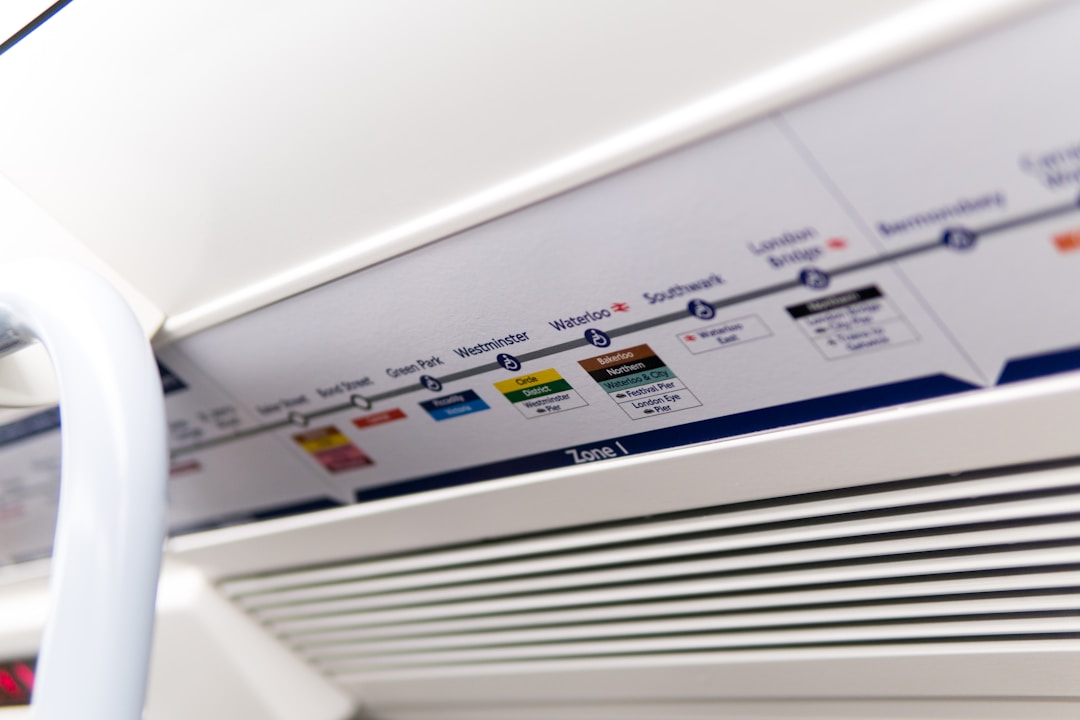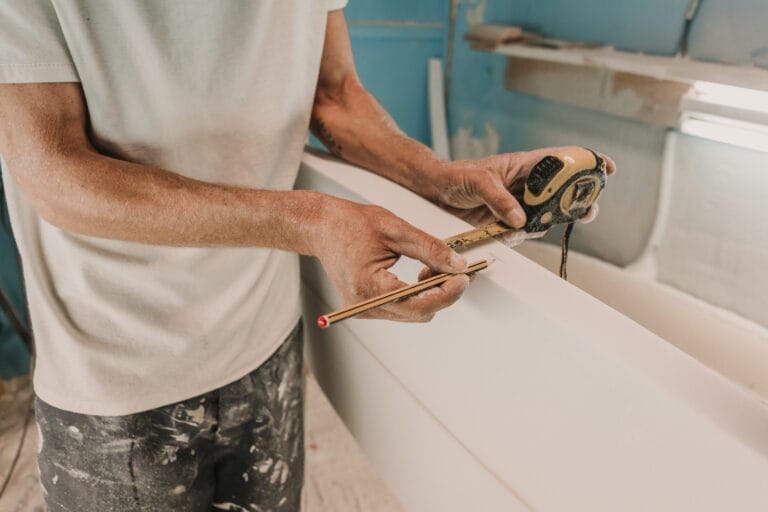For all homeowners in the U.S., the health and wellness of their family is always the most important priority. Checking smoke and carbon monoxide detectors are par for the course when it comes to home maintenance and safety. However, it’s equally important to keep your home’s air systems (both the air conditioner and heating system) clean and functioning properly. Aside from providing comfort throughout the year, these units also contribute to the air quality of the house, which directly affects health and quality of life. Here, we will look at some of the most important ways in which your home’s airflow correlates to overall health, and some easy tips on keeping the circulating air clean.
Indoor Air Quality and Health

When you perform routine checks of your home’s HVAC system and heater, it’s easy to forget that you’re not only looking for ways to keep the machines running correctly for energy efficiency or to lower your monthly utility bills. Of the greatest importance, those two units also filter and circulate the very air that your family breathes. Keeping that in mind will make it easy to remember how important proper maintenance and hygiene can be. For example, a single clogged filter can contain numerous allergens affecting their health: dust and dust mites, dirt and debris, pet hair and dander, pollen, and other minuscule pollutants that silently cause breathing and respiratory problems.
Additionally, a clogged filter impedes airflow and strains the unit. As mentioned earlier, other important equipment that should always be working correctly is your carbon monoxide detector, as a leak in your furnace or boiler can have deadly consequences if such a leak occurs.
What You Can Do
Over the past year, the Covid-19 pandemic has given rise to many insights regarding social distance protocols, airflow and overall health. As is the case with all airborne pollutants and disease control, even if your family takes the needed precautions when out in the world, being on-guard against poor indoor air quality is still a good idea for disease prevention. Although travel amid Covid 19 has seen its fair share of travel restrictions, keeping some strict hygiene guidelines in order while at home can also help curb the spread of the virus.
Luckily, when it comes to indoor air quality, the most basic routine tasks can amount to major improvements in both the air you breathe and for the prevention of disease spread or allergic reactions. At its core, responsible air quality maintenance comes down to your home’s airflow issues: keeping it clean and keeping it consistent. The first order of business should be checking your HVAC system’s air filters at least once a month, removing the clogged air filter, and swapping it for a clean one. The importance of changing out your dirty filters can’t be stressed enough, as you’ll not only remove all those allergens and mold from circulating throughout your home but also help the air conditioner function better. This additional benefit will lengthen the integrity and longevity of the machine, making your utility bill lower and your house more energy-efficient.
Likewise checking your home’s ductwork and vents can have the same major benefits for the proper operation of your home’s heating system, regardless of whether it’s run by natural gas, kerosene oil, or electricity. Having a clean, consistent HVAC and heating system will immediately keep your family’s air fresh and breathable.
Additional Solutions for the Home

With a diligent practice of using clean filters within your home’s HVAC and heating system, you can help any family members with chronic asthma or allergies breathe much easier. However, poor airflow can also be caused by moisture and humidity. If that additional issue is hindering your family’s health and wellbeing, there are numerous options for removing humidity from the home. For example, various cost-efficient dehumidifiers are available that can complement your central air system’s use. Also, small and affordable moisture detectors can be bought and placed sporadically throughout the house, especially in the areas that utilize the most water: bathrooms, kitchen, and the laundry is the most logical spots. In the long run, your home’s air quality will greatly benefit not only from the lessened number of allergens but also a lower moisture content.






